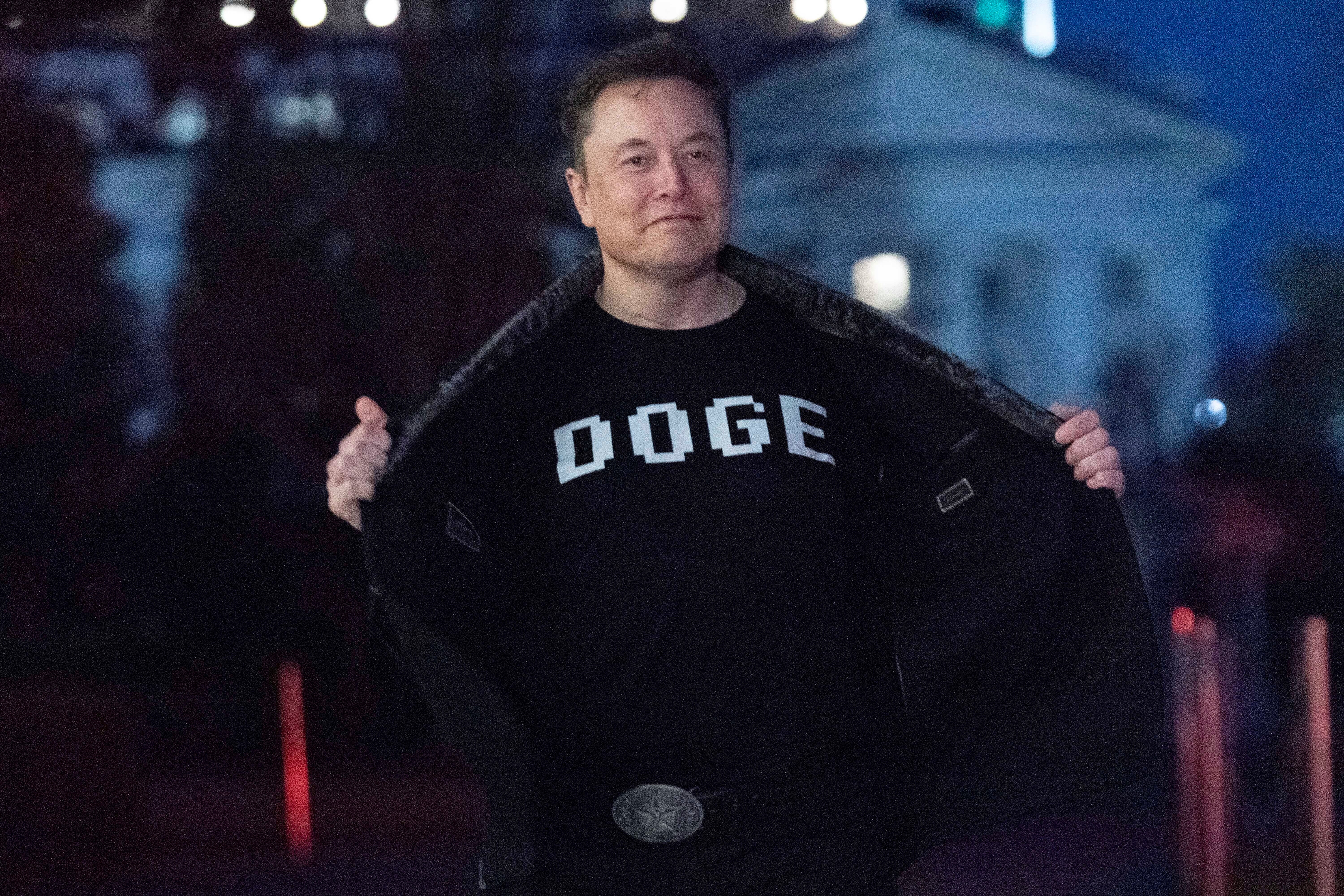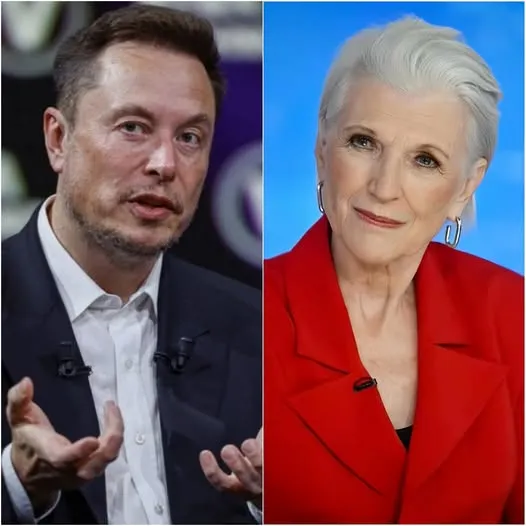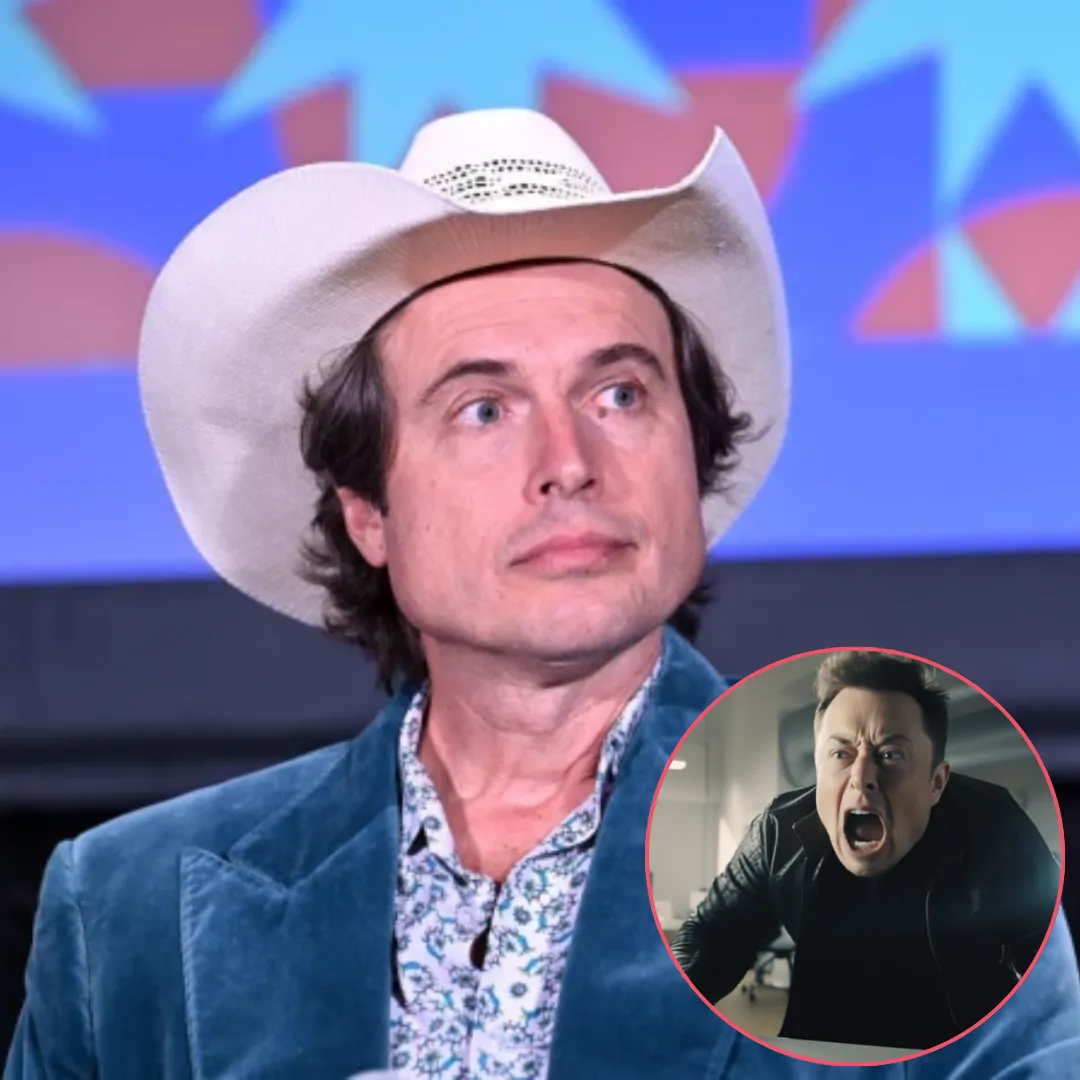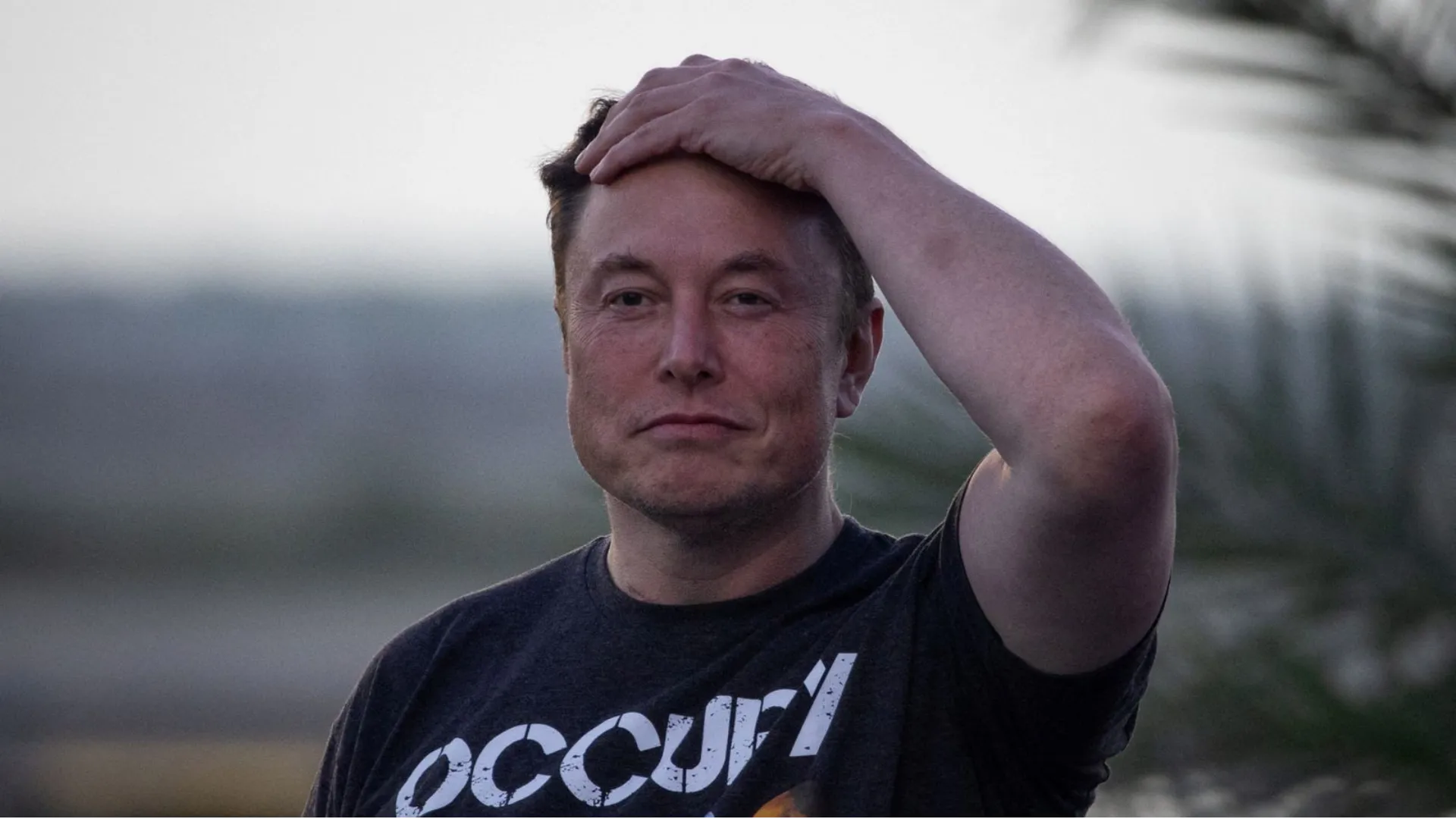
A growing wave of hostility against Tesla and its CEO, Elon Musk, has taken a dangerous turn. The recent attack on a Tesla dealership in Las Vegas—where multiple vehicles were set ablaze, gunfire erupted, and graffiti was left behind—raises a troubling question: why are these attackers willing to go to such lengths to target Musk and his company?
According to Assistant Sheriff Dori Koren of the Las Vegas Metropolitan Police Department (LVMPD), the suspect, clad in black, carried out a deliberate attack using Molotov cocktails, firearms, and spray paint. At least two Tesla vehicles were set on fire, and five were damaged in total.
The assailant fired multiple rounds at the dealership, and an unignited Molotov cocktail was found inside one of the vehicles. The most striking element, however, was the word “resist” painted on the front doors—a clear signal that this act was more than just vandalism.

Law enforcement has classified the attack as “targeted,” though they claim there is no ongoing threat to the public. Nonetheless, security has been increased at Tesla locations, reflecting the seriousness of the situation.
Elon Musk himself reacted swiftly on social media, condemning the incident as “insane and deeply wrong.”
This attack is not an isolated incident. Tesla dealerships and facilities have become recurring targets of vandalism and destruction. What drives this deep-seated anger? The answer appears to go beyond just Tesla’s business practices—it is personal, political, and ideological.
One major factor fueling this anti-Tesla sentiment is Musk’s involvement in the Trump administration’s Department of Government Efficiency (DOGE). This federal agency, focused on reducing government jobs and eliminating programs deemed inefficient, has drawn heavy criticism from labor unions, activists, and those who see it as an attack on public services.

Musk’s alignment with DOGE has positioned him as a villain in the eyes of many who fear the loss of jobs, benefits, and social programs.
The word “resist” scrawled on the Las Vegas dealership suggests that the attackers view themselves as part of a broader movement against Musk’s influence. To them, Tesla represents more than just an electric car company—it is an extension of Musk’s power, wealth, and policies.
By targeting Tesla, they aim to send a message that his influence will not go unchallenged.
Beyond politics, Musk’s personality and business decisions have made him one of the most polarizing figures in the world. His aggressive leadership style, frequent clashes with critics, and unfiltered social media presence have earned him both admiration and fierce opposition.
While many see him as a visionary transforming industries, others view him as an unchecked billionaire using his wealth to shape policies that primarily benefit himself.

Tesla, as an extension of Musk, has also been criticized for its labor practices, treatment of workers, and aggressive push for automation, which some argue contributes to job losses. The rise of vandalism against Tesla could be a reflection of deep frustration from those who feel left behind in an economy increasingly dominated by tech billionaires.
The fact that arsonists and vandals are willing to risk legal consequences to attack Tesla highlights the intensity of these grievances. Setting fire to vehicles, firing gunshots, and leaving defiant messages are extreme actions that suggest a sense of desperation, anger, or even ideological commitment to undermining Musk’s empire.
For Tesla, the challenge now extends beyond security concerns. The company must confront the reality that it has become a symbolic battleground in a larger societal conflict.
As police investigate this latest attack, one thing is clear: hostility toward Musk and Tesla is not just growing—it is escalating into violence.
If the pattern continues, Tesla dealerships and facilities may need to implement stricter security measures. However, the deeper question remains: can these attacks be stopped simply by increasing police presence, or is this a sign of a deeper divide that will continue to fuel unrest?
With Musk remaining a highly visible and controversial figure, it is unlikely that this tension will dissipate anytime soon. Tesla may be an innovator in electric vehicles, but it has also become a lightning rod for opposition, and those willing to risk everything to strike back appear undeterred.


-1742806035-q80.webp)
